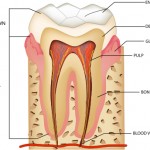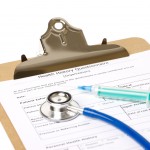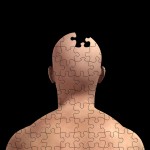
Accurate diagnosis of the condition of the dental pulp has an important bearing on treatment planning. The aim of this review was to appraise the diagnostic accuracy of signs/symptoms and tests used to determine the condition of the pulp in teeth affected by deep caries, trauma or other types of injury. The authors searched PubMed, [read the full story…]








